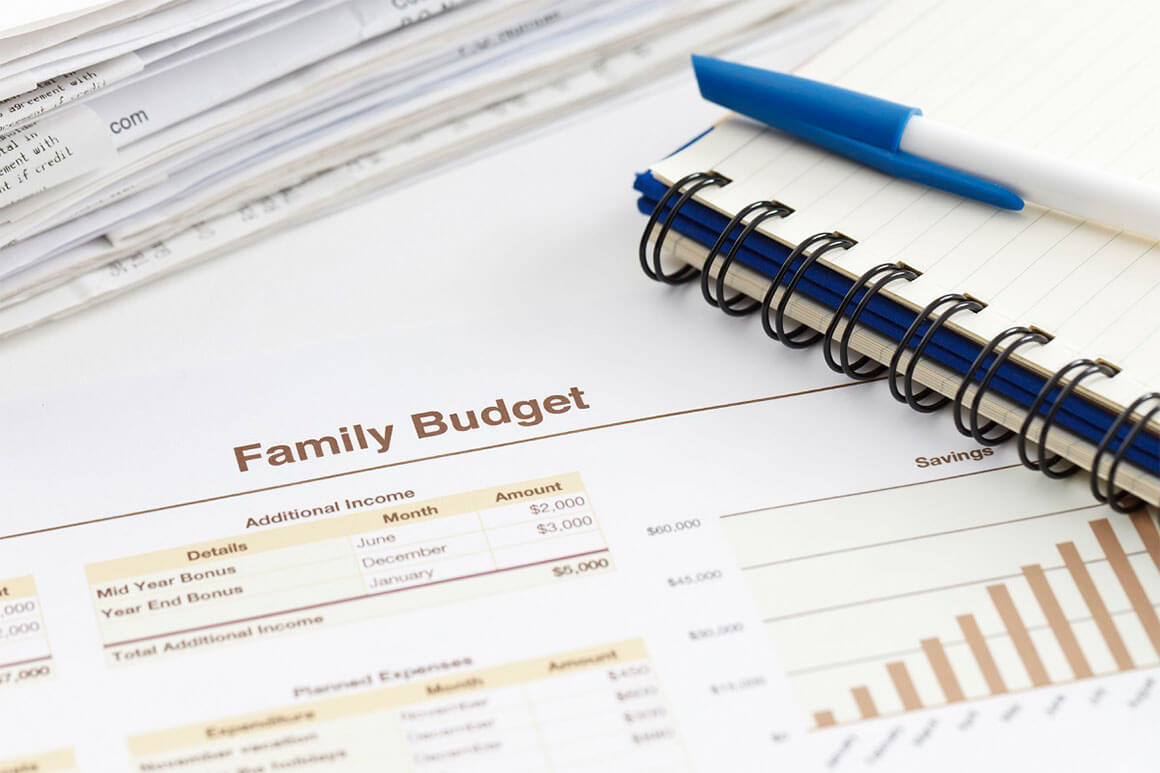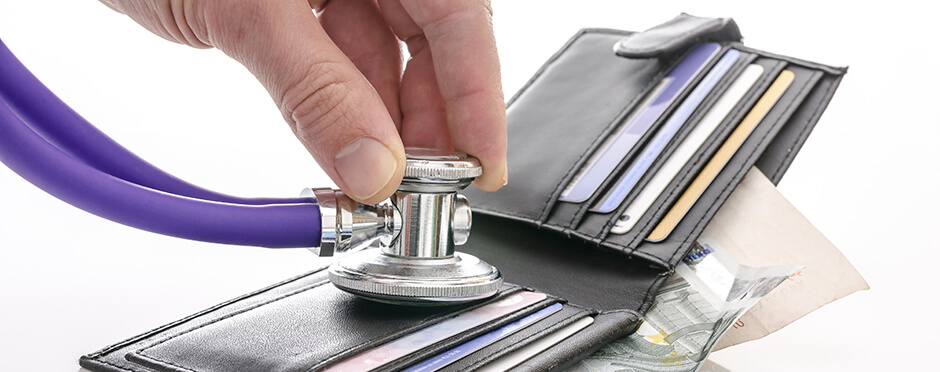
Financial well-being February 2, 2023 By
There are many reasons to set a budget and stick to it. If you currently are not working within a monthly budget, I encourage you to consider the following reasons to create one.
Track Your Spending – To maintain control of your financial well-being, it’s important to know when and where your money is coming from and going. Using an online account tracking tool can make managing your budget more accurate and convenient. Many of these tools send you notifications and alerts, allow you to set goals, and automatically categorize your spending so you can see what you are spending and where. Be sure to check out our budget tool to evaluate your monthly budget. If you have a First United banking account, you have access to our free online banking management tool, which offers all of the above features.
Control Debt & Build Credit – It’s important to know exactly what you owe and what you are paying in interest so you can take control of your debt and begin the process of eliminating it. Being debt-free not only increases your personal net worth (assets minus liabilities), but also builds credit and frees up your cash flow for savings goals and planning for the future.
Plan for the Future – A budget can help you set and accomplish both short- and long-term goals. For example, if you want to purchase a new car, determine what car payment you can afford, then start setting aside that amount monthly. Say you put aside $350 a month for a year, now you have $4,200 to use as a down payment on your car and your budget already has that monthly payment built in.
Protect Your Wealth – You've worked hard for what you have. By knowing your regular insurance premiums, you can ensure you are setting aside money to protect your wealth with options such as life insurance, property insurance, auto insurance, health insurance, or an umbrella policy if you have rental properties.
Okay, okay … you know. You need to create a monthly budget. But how? Where do you start? What do you include? Here are some basic tips to help get your started:
- Create a budget beginning with your monthly take-home pay, and then deduct all your expenses that are fixed: rent, mortgage, car payment, insurance, etc. Next, estimate your variable expenses, such as electricity, water, groceries, gas, and so on. Be sure to pay yourself by treating savings as an expense item in your budget, so you can plan for upcoming goals.
- Make regular contributions to your retirement account. You can do this on pre-tax dollars through your 401k program. And be sure to take advantage of any company matching—that’s free money for retirement. If you do not have a 401k, talk to a wealth management advisor about other options, such as an IRA, which is also tax deductible.
- Avoid overspending, and know where your money is going. Most stores price match on everything from groceries to appliances, so always conduct research and compare costs before buying. And don’t forget to check the ad pages for your grocery stores. Take the time to see where you’re buying things and if there is a better deal out there.
- Find a budgeting system that works for you. There isn't one budget book, app, or paper method that works well for every person. And, there is no wrong way to budget. Just make sure you’re aware of the money coming in versus going out and you set reasonable and responsible goals.
Budgeting is often seen as intimidating, time-consuming, or a sacrifice, but the good news is, it doesn't have to be. So what are you waiting for? If you haven’t started budgeting, there’s no better time than today.
Use our Spend Life Wisely Budget Tool, our Financial Checklists, and/or stop into one of our locations for support on your path to financial well-being.




